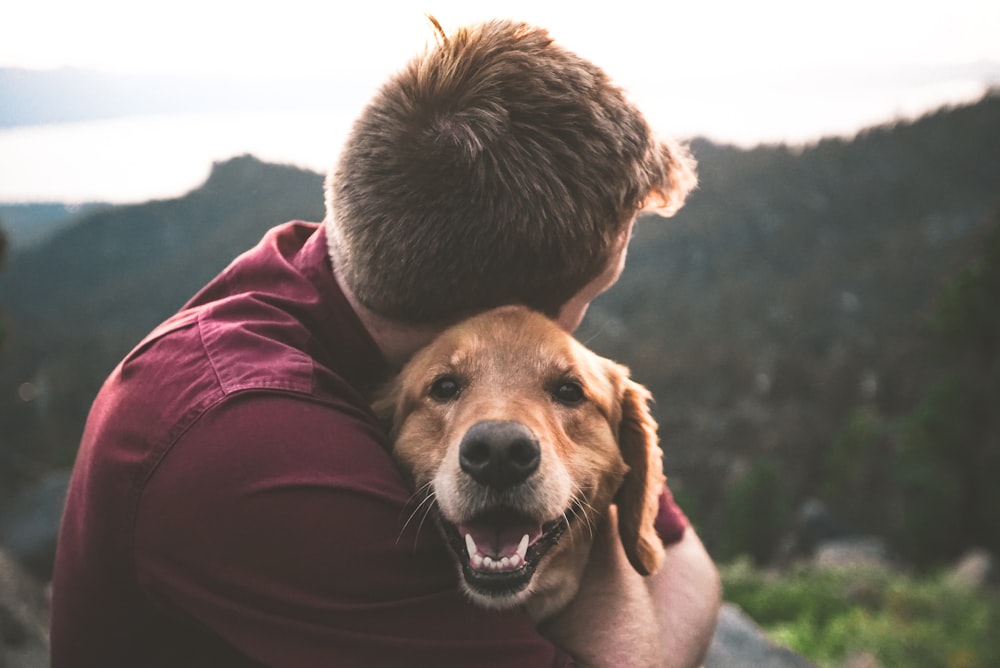The Heart Wants What It Wants (But That Doesn’t Make It Right)

I have argued in previous posts (here and here) that we have good moral reasons to end the practice of keeping pets (for a full defence see here). Pet keeping involves the unjustifiable instrumentalisation of animals, sets back animals’ interests in self-determination, and exposes animals to unnecessary risks of harm. Not to mention the many attendant harms that the practice involves to farmed animals, wild animals and the environment. Given all this, we should seek to transition to a pet-free world.
In this post, I suggest we won’t be able to make progress towards a more just world for animals until we’ve engaged in some honest soul-searching about our desire to keep animals as pets.
(more…)



 Photo by
Photo by 





